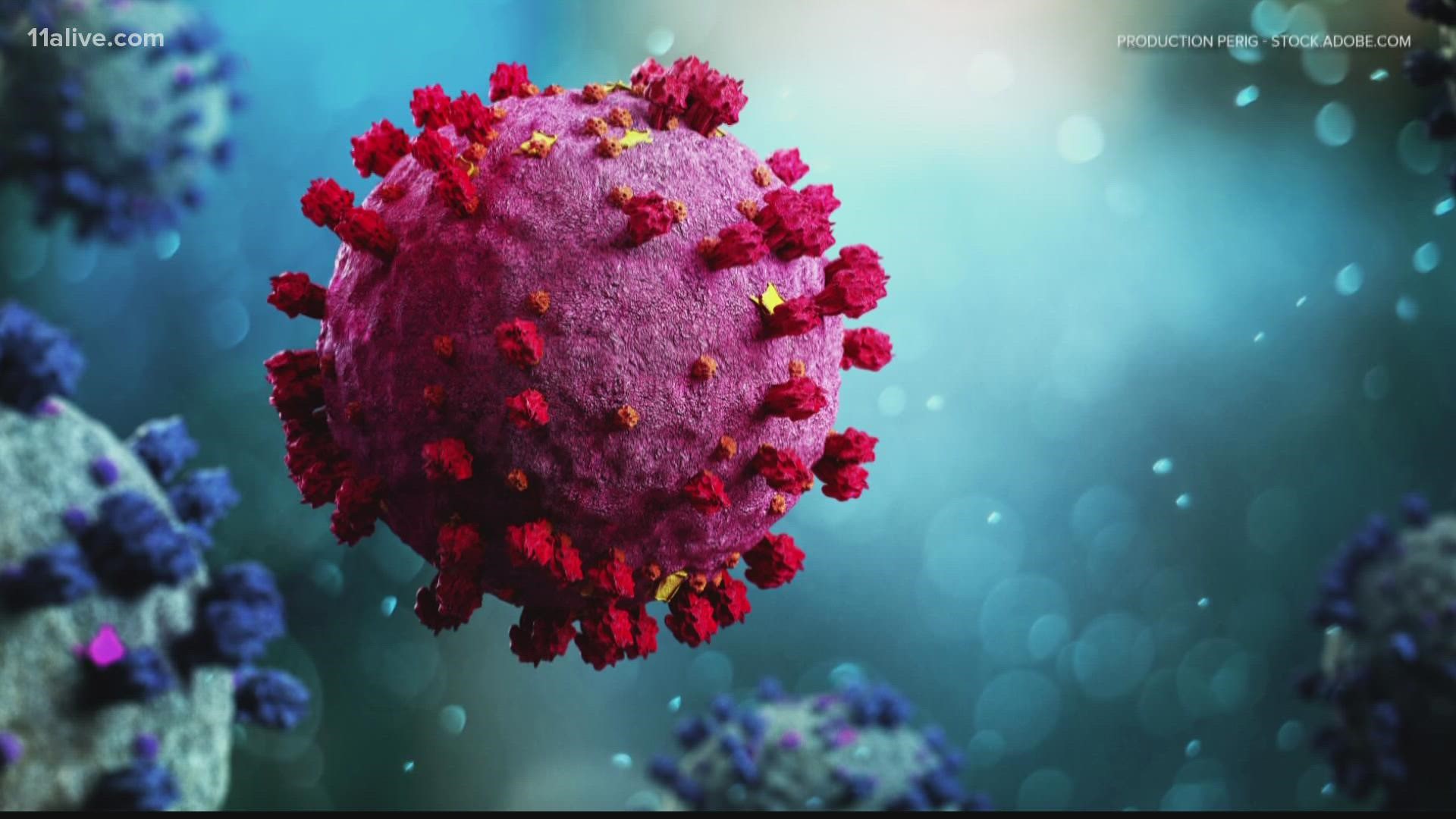ATLANTA — As everyone learns more about the latest COVID-19 variant, omicron, health officials and leaders encourage people to get vaccinated and a booster if eligible.
But is there a vaccine that protects better against the variant? Will mixing vaccine boosters protect better? Will boosters work against omicron? Is a new vaccine being developed?
SOURCES:
- World Health Organization (WHO)
- CDC
- National Institute of Health
- The Lancet
- Moderna
- Pfizer-BioNTech
- Johnson and Johnson
- FDA
- Dr. Anthony Fauci
The Question
Is there a vaccine that protects better against the variant?
The Answer
Since the variant is newly identified, there’s still mystery surrounding how well vaccines respond to omicron. Some research suggests because of its various mutations, the variant may be resistant to vaccines or natural immunity.
Pfizer-BioNTech, Moderna, and Johnson &Johnson are studying the effects of the current vaccines on omicron.
The Question
Is a new vaccine developed?
The Answer
Yes, but it needs context.
What We Found
Pfizer-BioNTech, Moderna, and Johnson & Johnson are working on omicron-specific vaccines. If lab tests show the new variant is resistant to current vaccines, Pfizer and BioNTech said shipments of a omicron-specific vaccine could start within 100 days after development. Johnson & Johnson haven't released a timeline on the readiness of a new vaccine should one be needed. Moderna's CEO said it could take three months to develop a new vaccine.
The Question
Are vaccines and boosters the best defense against omicron?
The Answer
Yes, but it needs context
What We Found
While the effects of the vaccine on the new variant are being studied, research already points to COVID-19 vaccines effectively protecting against other variants, serious illness, and hospitalization. Medical experts like Dr. Anthony Fauci said people will do well with increased protection of a booster.
"It may not be as good in protecting against initial infection, but it has a very important impact on diminishing the likelihood that you're gonna get a severe outcome from it," he told NBC News.
The Question
Can I mix my vaccine booster?
The Answer
Yes, the FDA authorized mixing COVID-19 boosters. A study published in The Lancet, shows mixing vaccines for boosters is effective.
What We Found
Recent studies showed if someone received the Johnson & Johnson vaccine as their first dose, a Moderna or Pfizer booster worked well to produce a stronger immune response. People who received the Johnson & Johnson vaccine can get a booster two months after their initial dose.
For people who received Pfizer for the first two doses and received a Moderna booster, studies show their immune response was stronger.
It’s important to note, medical experts say it’s perfectly fine to get the same booster as your original shot, but mixing can be done for personal reasons or if only one vaccine is available to you at the time. Also, Pfizer’s booster is the same dose as its original vaccine (30 micrograms) while Moderna’s booster (50 micrograms) is half the size of its original vaccine (100 micrograms.)
The Question
Is the delta variant still prevalent?
The Answer
What We Found
Dr. Rochelle Walensky, director of the Centers for Disease Control and Prevention, said the delta variant accounts for 99.9% of cases reported in the U.S.

